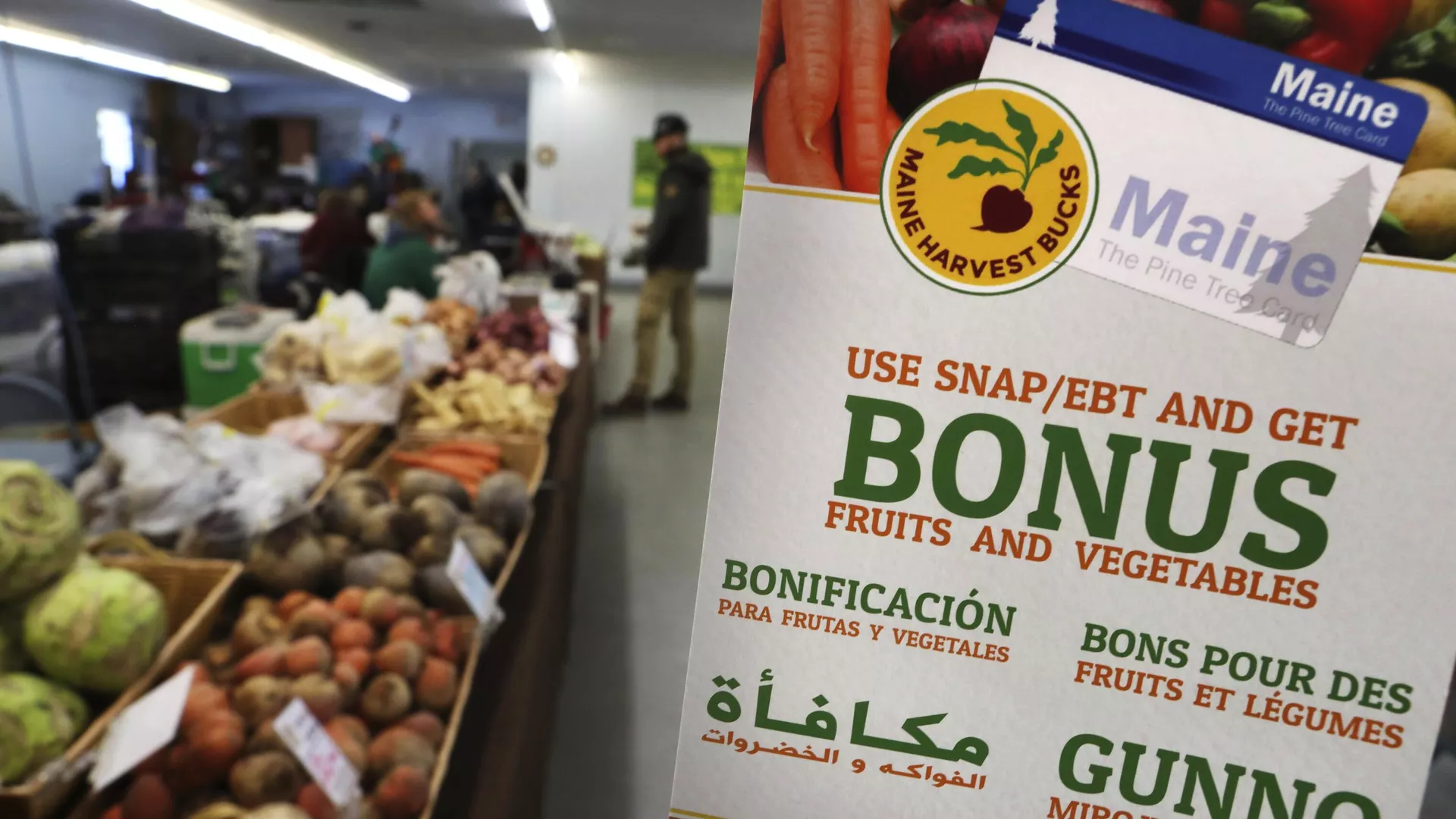from Sputnik News:

Despite being the wealthiest country in the world by net worth (according to 2022 data), the United States continues to struggle with hunger.
A report from the US Department of Agriculture (USDA) found more than 44 million Americans facing hunger last year, including 1 in 5 children. Programs which provide food to those in need are crippling under demand, as prices at the grocery store don’t appear to be dropping anytime soon.
TRUTH LIVES on at https://sgtreport.tv/
Today, it appears as though more Americans are saying their standard of living is worse than their parents’ was, a majority of which include millennials and Gen-Xers who are people in their prime working years. According to a poll released on Sunday, 51% of those aged 30 to 64 believe their standard of living is worse than their parents’ was, as well as 39% of those aged 18 to 29 and 40% of those ages 65 and older.
“Hunger is an issue in America across every demographic group, and now, growingly, across more and more levels of income,” said Claire Babineaux-Fontenot, the head of Feeding America.
And when asked to answer when the “most difficult economic time” for the US was, many Americans pointed to the COVID-19 pandemic shutdowns. At least 51% of those aged 65 and older said the pandemic shutdowns created the worst economic hardship, with 39% of all ages saying the same. Both groups believe the pandemic was vastly worse than the “Great Recession” of 2008 to 2009, as well as a period of major gas shortages and inflation in the 1970s.
But at the same time, figures show job growth, rising wages, and a healthy economy of consumers who are purchasing record amounts of summer travel, concert tickets and holiday shopping. As he runs for reelection, President Joe Biden has even touted this economic recovery as the result of “Bidenomics”, and has been desperately urging Americans to adopt this notion.
But Americans, many of whom are struggling to pay for basic necessities, don’t care to hear these figures.
According to the poll, 85% of Americans pay more attention to their own experiences than those who pay attention to national data (66%). At least 72% are paying attention to people they know personally, and 70% are watching businesses in their community to gauge the economy’s “strength”. A separate poll from November also found 81% of registered voters viewed the economy as either “fair” or “poor”.



